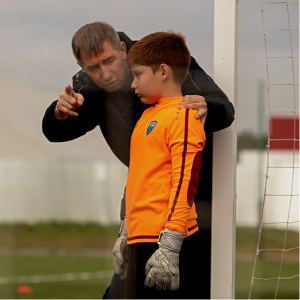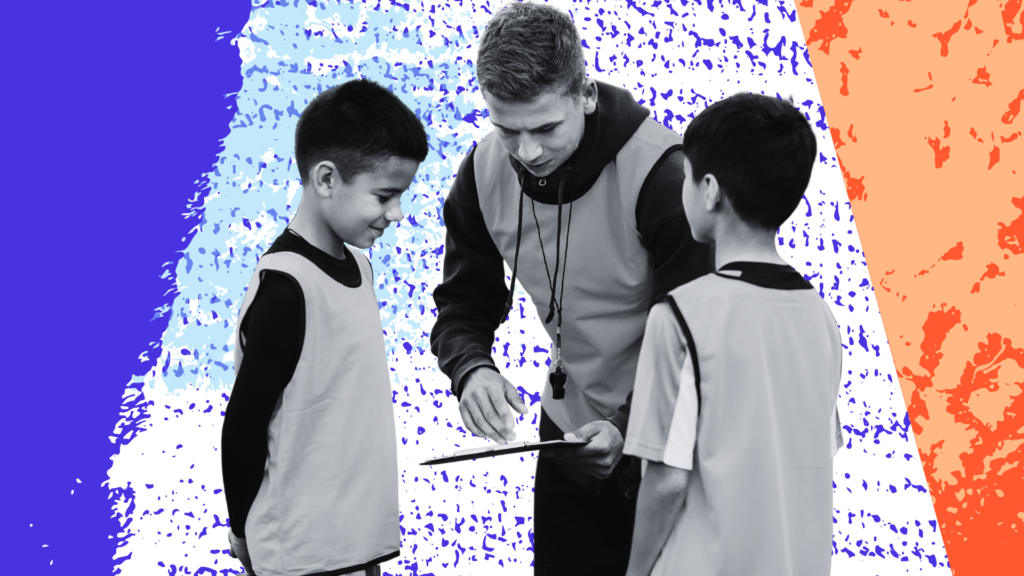What Coaches Say Impacts Athletes’ Relationship with Food and Body
Published February 11, 2021 | Last Updated May 24, 2025

Coaches are extremely influential in their athletes’ lives. Research shows that coaches can impact athletes’ performance, their self-confidence, their motivation, how they understand support, and how they view themselves.
Coaches are extremely influential in their athletes’ lives. Research shows that coaches can impact athletes’ performance, their self-confidence, their motivation, how they understand support, and how they view themselves. Coaches can promote and encourage healthy and appropriate relationships with food, body, and physical activity by:
- Refraining from commenting on an athlete’s appearance and weight
- Replacing negative weight/body talk with praise about effort of skill
- Talking about food as fuel that provides energy to play well
- Being a role model for athletes by showcasing healthy, balanced eating behaviors & positive body image.

“Coaches have the power to help prevent disordered eating & combat the body image ideal upheld within the sport culture.” Arthur-Cameselle & Baltzell, 2012
Research also shows that coaches can negatively influence athletes’ body images and eating behaviors.
- Coach communication involving body comparisons, critical comments, and unspecific, harmful expectations can increase the likelihood that an athlete develops an eating disorder
- “Performance-related & body weight preoccupied coaching styles increase dieting, body image anxiety, and fear of fatness in athletes.”
- Coaches can perpetuate harmful body image ideals
Learn more about suggested phrases coaches can say to help young athletes establish healthy relationships with food &body.
Coaches have power far beyond the game. Take our free Coach’s Challenge and learn how to discuss healthy body image and behaviors with young athletes.


